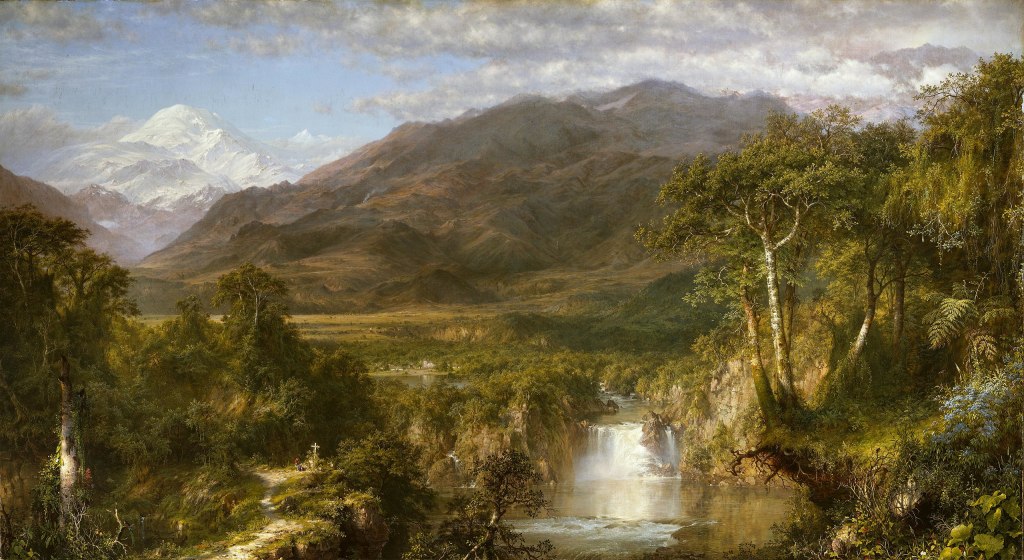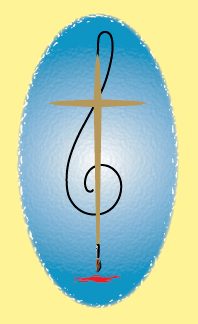
by Adam R. Nettesheim
For what can be known about God is plain to them, because God has shown it to them. For his invisible attributes, namely, his eternal power and divine nature, have been clearly perceived, ever since the creation of the world, in the things that have been made. So they are without excuse.
Romans 1:19-20 (ESV)
Romans 1:19-20
Imagine if you were sitting in church, listening to one of the most profoundly moving, beautifully delivered, perspective widening and soul striking sermons you’ve ever heard.
You are hanging on every word as the preacher pours forth illustration after illustration, verse after verse, an endless flow of deep and abiding truths that fill you up with conviction and gratitude…
Imagine you are on the edge of your pew and just as the preacher builds to the final point… the people sitting in the pew up front stand up, toss their hymnals aside, pull out their crowbars and begin to dismantle different parts of the building.
The preacher, confused, continues on, but the noise gets louder as stained-glass windows depicting Christ in the garden are broken and the shards collected, the altar is disassembled board by board and the organ is pulled down pipe by pipe. All of the art and oratory of that place is being disrupted and desolated and does not proclaim the truths they were made to proclaim as well as intended because some people decided to misuse them.
Certainly, a sanctuary is for the use and enrichment of the people within it, and often the pews, the tables, the pulpit gets moved around for, say, a youth group lock-in or to shelter those fleeing from a fire. There is generative use and there is destructive use. There is use in harmony of the intention and there is abuse that hinders that intention.
If indeed the world around us, as Romans 1 says, is meant to proclaim knowledge of God in such an obvious way that if people would only look deeply at it that they would be compelled to acknowledge the work of a Divine Creator, then ought we to consider how the ways we steward or ravage the world around us helps or hinders God’s intended purpose for it?
Does God’s ‘invisible attributes’ come through when someone stares at a toxic lake full of dead fish? Is His eternal power proclaimed through an entire forest reduced to stumps?
Is His divine nature clearly perceived when we, rather than curate, care and cultivate this world, instead drain and deforest and desolate the very first things that God proclaimed “good” as He orchestrated existence itself?
Just as we find it abhorrent when Christians are jailed or killed for proclaiming the love of God, ought we to consider what it means when we do the same thing to the oldest Sunday School teacher we have? What happens when we can no longer hear the mountains cry out in song, where the trees no longer clap their hands, where we have taken God’s provision for such as the sparrows and the lilies and ultimately from you and I?
So much of our art is an attempt to reflect the handywork of our Creator. What happens when there isn’t much left to reflect? What will the condition of our art be then? And if the earth is meant to be a temple of sorts that preaches and proclaims the goodness of God… maybe we should consider how we are pulling up the pews and breaking the stained glass windows mid-sermon. There are those hungry to hear these life-giving words both now and those who will come after. Let’s make sure they can still hear the message. What a message it is. What a masterpiece.
As we ponder our responsibility and privilege in stewarding the method and message God speaks to us through nature, let’s read the following scripture and then in light of it gaze in wonder at this magnificent painting by Frederic Edwin Church.
The heavens declare the glory of God,
and the sky above proclaims his handiwork.
Day to day pours out speech,
and night to night reveals knowledge.
There is no speech, nor are there words,
whose voice is not heard.
Their voice goes out through all the earth,
and their words to the end of the world.
Psalm 19: 1-4 (ESV)

To read more wonderful thoughts from Adam, please check out his blog www.adamrnettesheim.com
